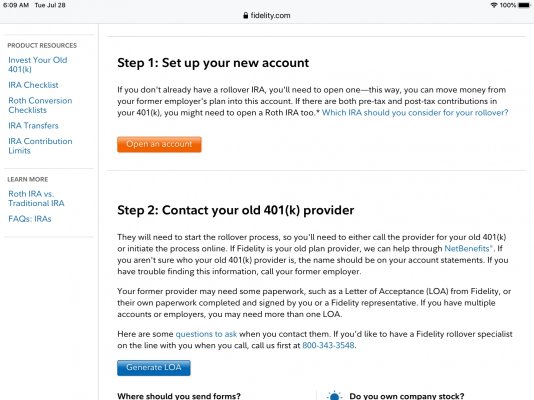Texas Proud
Give me a museum and I'll fill it. (Picasso) Give me a forum ...
- Joined
- May 16, 2005
- Messages
- 17,266
Do you have a Fidelity branch near you? They can do it.
But they probably will not unless you have an account... and probably a big account...


